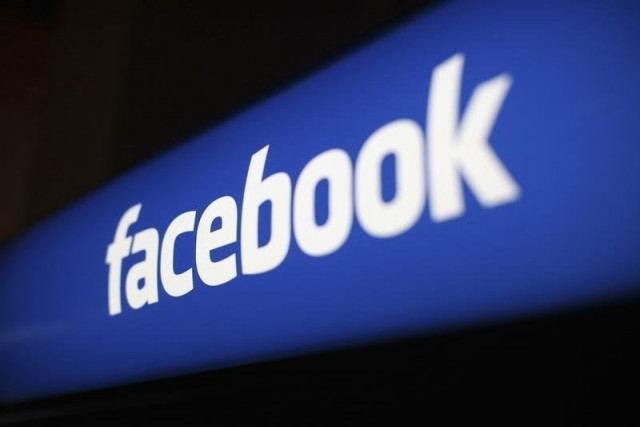Facebook uses AI to open your eyes in blinking selfies
In a research paper, a new method is described that uses machine learning to retouch closed eyes in photos

The Facebook logo is pictured at the Facebook headquarters in Menlo Park, California January 29, 2013. PHOTO: REUTERS
In a research paper published this week, a pair of Facebook engineers describes a new method that uses machine learning to retouch closed eyes in photos.
With a billion users, Instagram takes on YouTube
While there is still no guarantee that Facebook will be introducing such a feature onto its website or apps- the method is only at the research stage at present- it does seem like a strong possibility.
The system uses a machine learning method called a generative adversarial network, or GAN. This is a technique that has proved particularly adept at generating imagery and has already been put to work creating fake celebrities, changing the weather in videos, and even designing clothes. Blinking seems to pose no challenge at all.
Facebook’s software trains on pictures of the target with their eyes open, collecting data on their eye shape and colour, then applying it to photos of when they are blinking.
The process is referred to as ‘in-painting’, and despite struggling to edit glasses, long fringes, and faces at extreme angles manages to otherwise create incredibly realistic counterfeits.
Facebook to offer game shows on video platform
There is no doubt that AI tweaks like this are only going to become more common in future. Software companies such as Adobe and Pixelmator are already working on machine learning-powered features that allow even amateurs to edit images without having any real technical skill.
This technology will soon allow us to not only make small changes to pictures and videos but generate completely new content.
This, of course, raises a number of ethical concerns as it becomes easier for anyone to fake visual evidence. After all, the company banners on the agenda of authentic expression in every sense, so whether it will fully give people AI tools to change their appearance, still remains to be seen. Editing out a blink may seem pretty harmless, but it is the precedent that might be problematic.
This article originally appeared on The Verge.


















COMMENTS
Comments are moderated and generally will be posted if they are on-topic and not abusive.
For more information, please see our Comments FAQ